Kenya's Former PM Raila Odinga Joins Efforts to Resolve South Sudan's Political Crisis
- by Nairobi, RNG247
- about 7 months ago
- 93 views
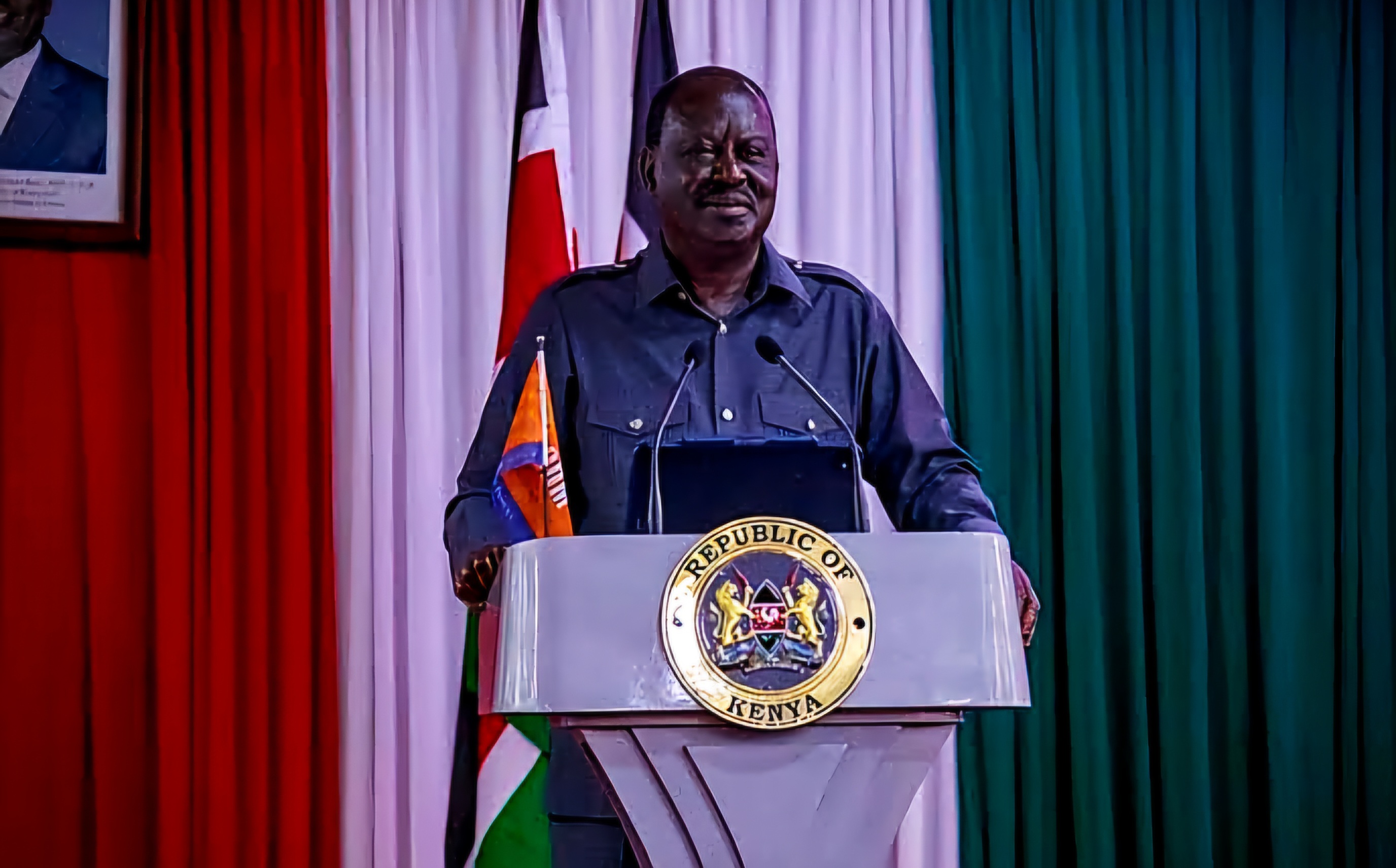
In a crucial move to address escalating tensions in South Sudan, Kenya has dispatched former Prime Minister Raila Odinga to serve as a special envoy. His mission is aimed at mitigating the intensifying conflict between President Salva Kiir and his longstanding adversary, First Vice President Riek Machar—a rift that dangerously threatens to push the nation back into the throes of civil war.
Kenyan President William Ruto, who also chairs the East African Community, recently engaged in discussions with Kiir regarding Machar’s detention, which occurred earlier this week. Ruto’s decision to send Odinga underscores Kenya’s commitment to peaceful resolution and the pressing need for stability in the region.
Dennis Onyango, a spokesperson for Odinga, confirmed that the former premier would be traveling to Juba on Friday to facilitate dialogue and stress the importance of de-escalation. Machar’s spokesperson, Puok Both Baluang, welcomed Odinga’s appointment, emphasizing that any efforts aligned with de-escalation would be positive.
The backdrop to this diplomatic intervention is fraught with tension. Machar was placed under house arrest in Juba on Wednesday night, a move that has effectively nullified the vital 2018 peace agreement that concluded a grueling five-year civil conflict and established a tenuous power-sharing arrangement between the two leaders.
The power-sharing government has faced significant challenges, notably in implementing critical elements of the peace accord, such as national elections and the crucial unification of their competing military forces into a single national army. The detention of Machar, a pivotal figure in the peace process, has alarmed observers and intensified fears of a return to violence. A spokesperson for United Nations Secretary-General Antonio Guterres warned that this development dangerously brings South Sudan one step closer to civil war.
Baluang provided an update on Machar's condition, stating, “(Machar) is fine, but nothing changes. He’s still under house arrest.” Machar’s political faction has denied allegations from the government that it supports the White Army, an ethnic militia predominantly composed of Nuer youths, which recently engaged in deadly clashes with the army in Nasir, further escalating the conflict.
Amid this volatile environment, President Kiir’s forces have detained several senior allies of Machar, including the petroleum minister and the deputy chief of the army, as tensions mount both within and outside of Juba.
Despite inquiries, South Sudan’s government spokesperson has not provided any comments on the situation surrounding Machar’s detention or Odinga’s newly assigned role.
President Ruto has also sought counsel from Ugandan President Yoweri Museveni, whose country dispatched troops to South Sudan earlier this month to aid in securing the capital. Additionally, Ethiopian Prime Minister Abiy Ahmed, known for his role in facilitating past peace talks, has been engaged in the discussions surrounding the crisis.
To further assist in navigating the turmoil, the African Union is deploying a "Panel of the Wise," composed of five highly esteemed African figures, to help restore calm in South Sudan.
Political analysts speculate that President Kiir is fortifying his position by arresting top allies of Machar while inviting Ugandan military assistance and appointing adviser Benjamin Bol Mel as the new second vice president. As Justin Lynch, managing director of Conflict Insights Group, noted, “The pretense of Riek Machar's control over the White Army is a useful distraction for Juba’s actual political crisis—collapsing oil revenues and Salva Kiir’s contentious plan to install Bol Mel as his successor.”
As Odinga embarks on his diplomatic mission in South Sudan, the eyes of the international community remain fixed on the region, hoping for a resolution that will preserve peace and stability.



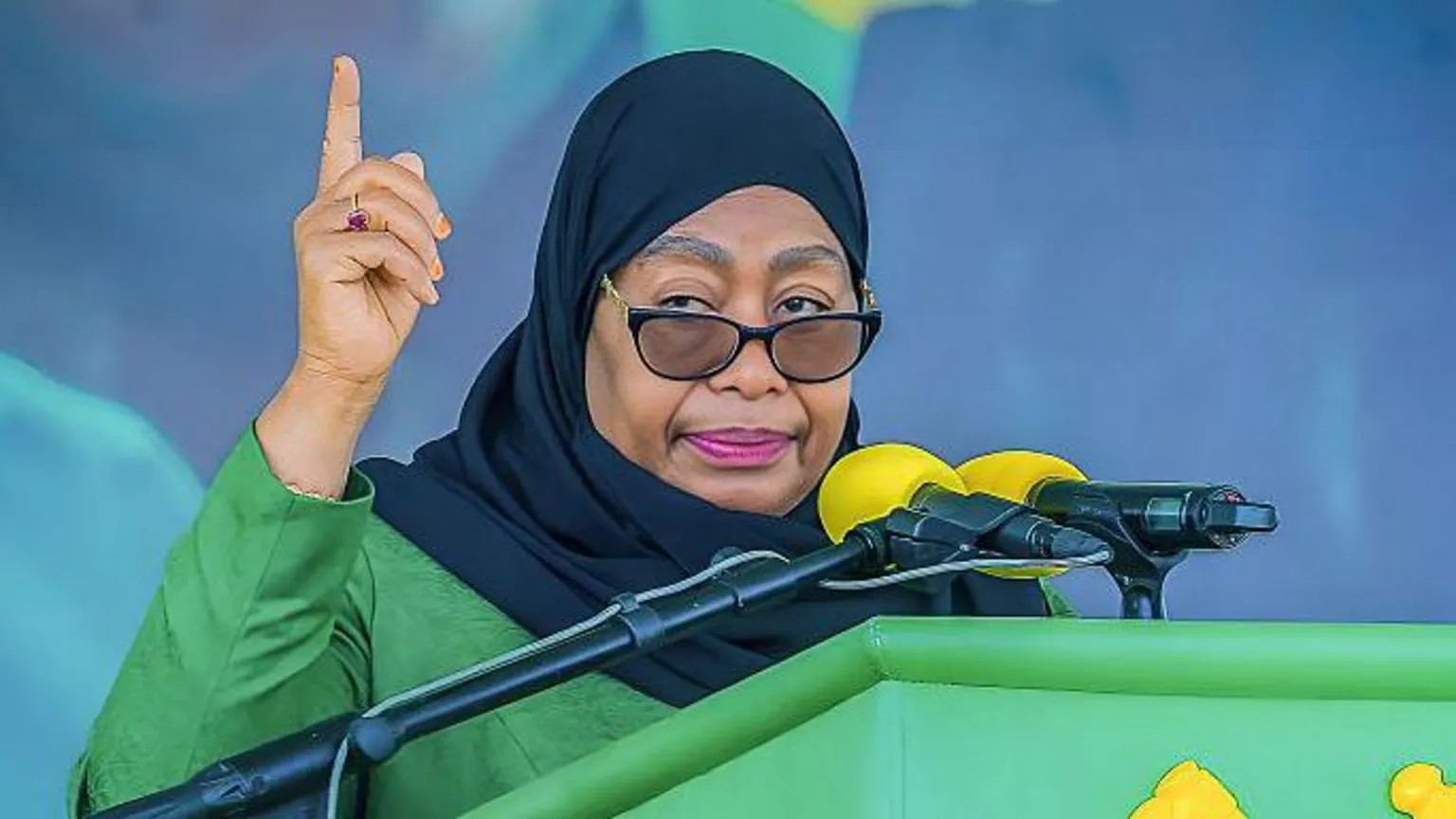
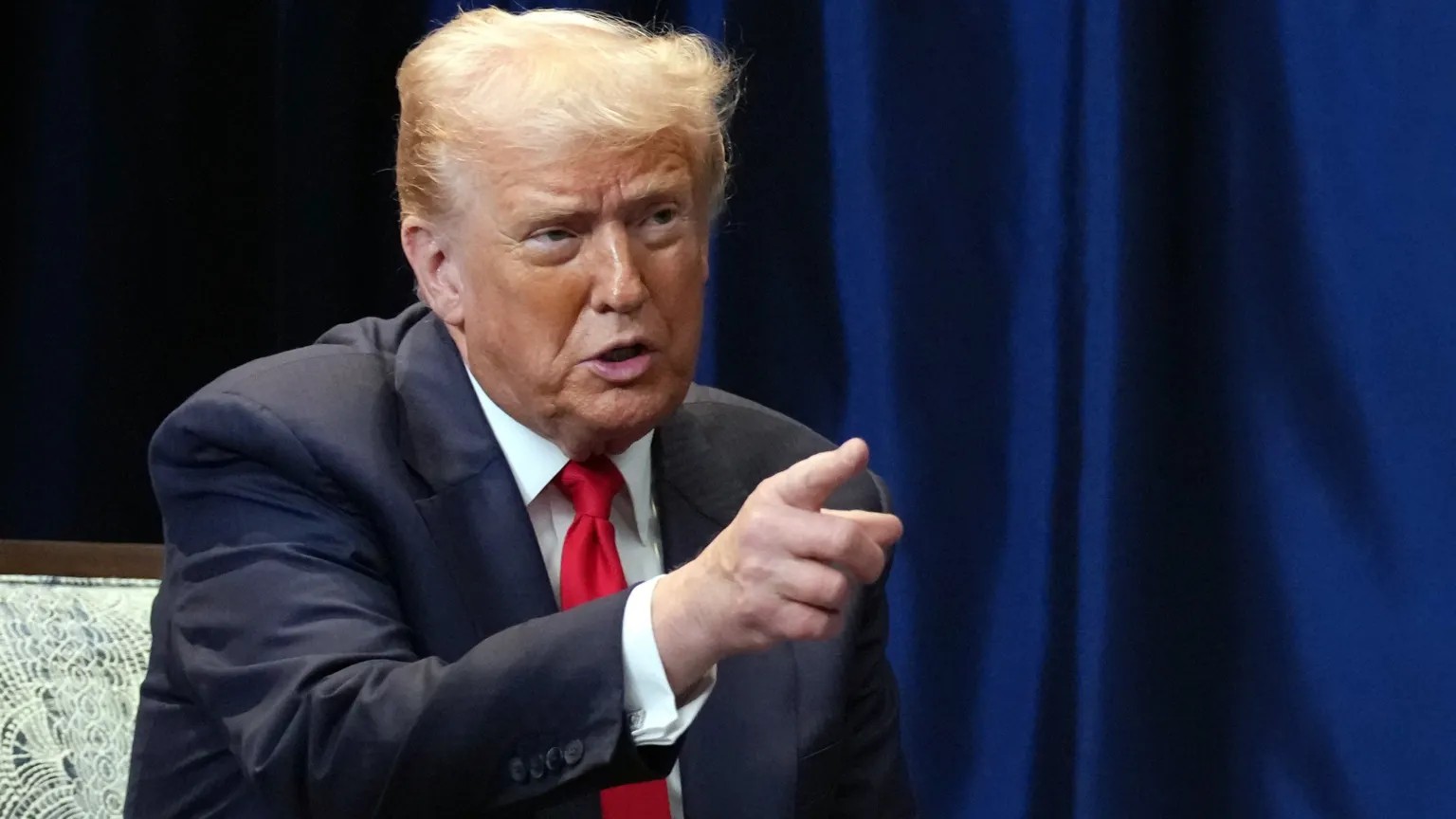
.jpeg)
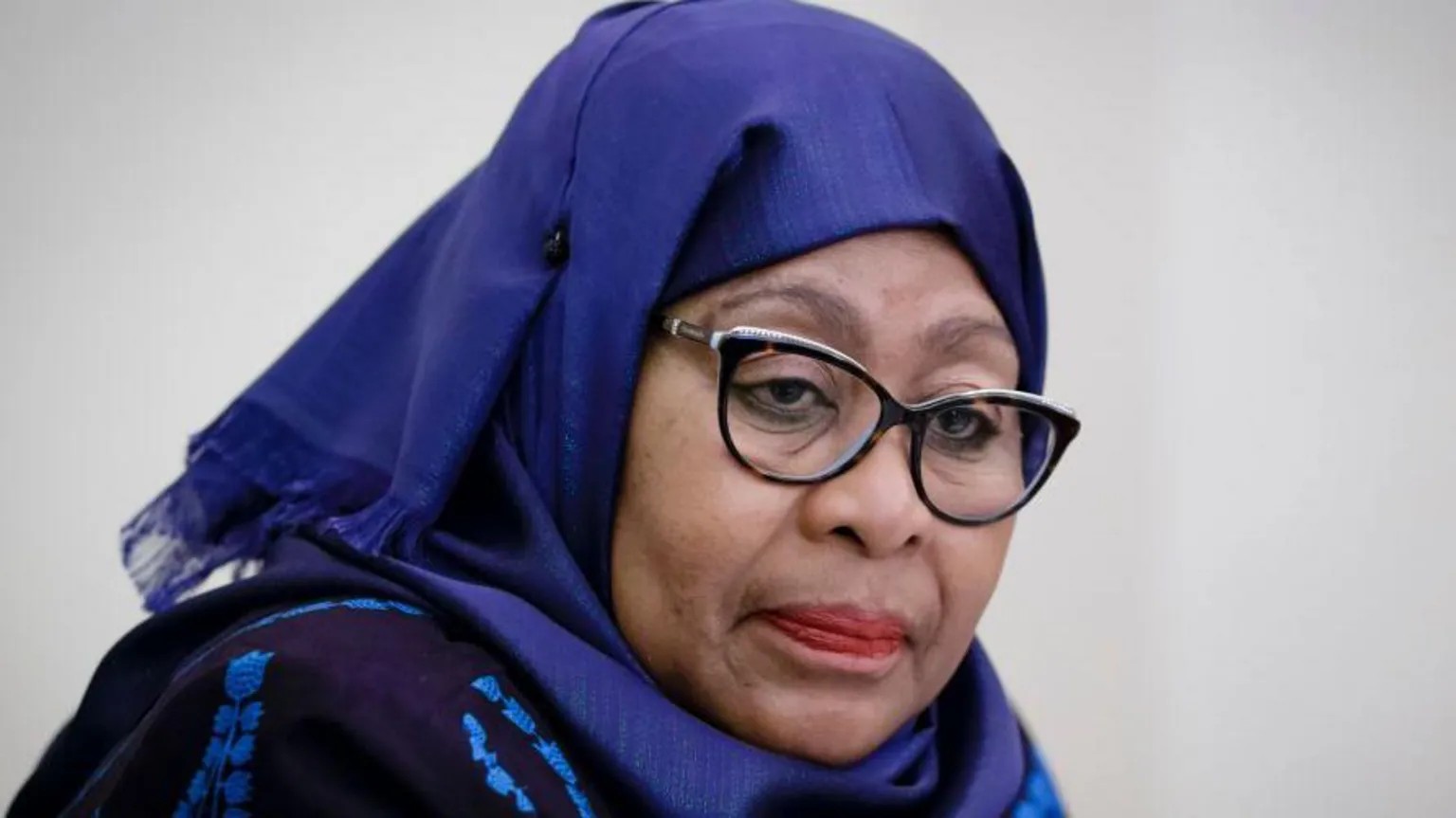
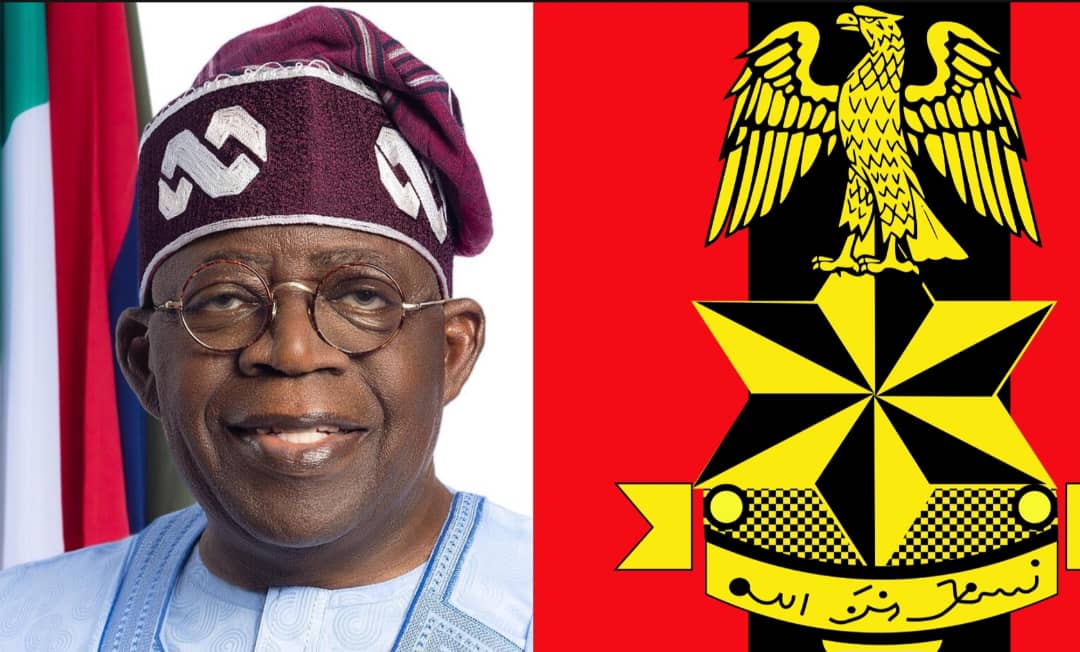
.jpeg)
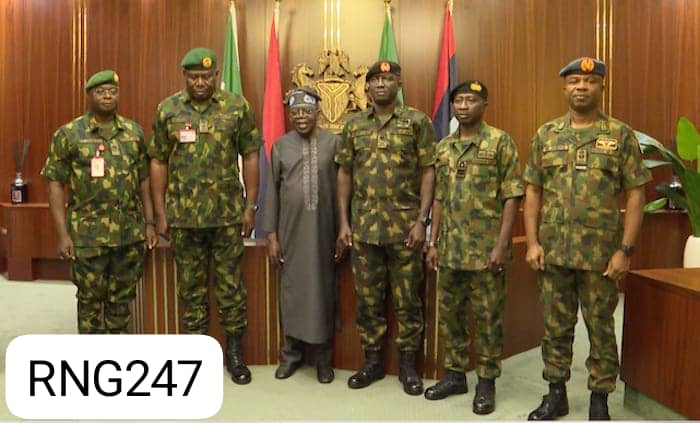
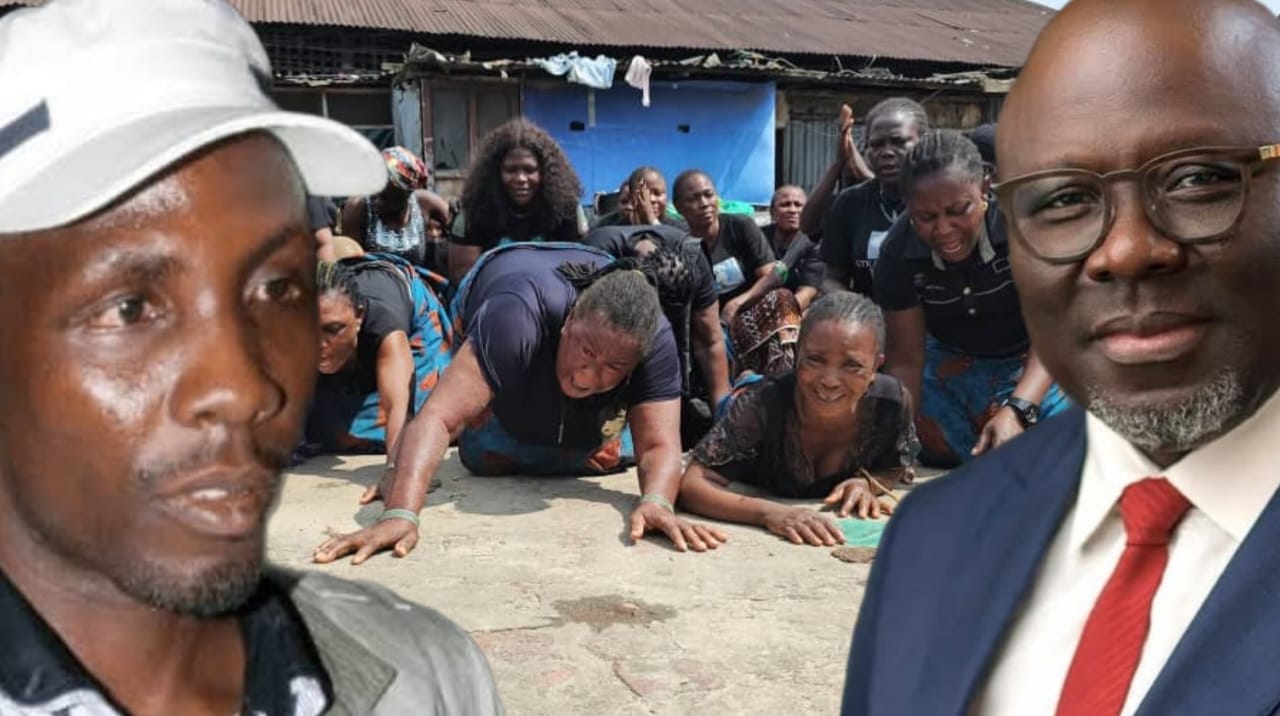
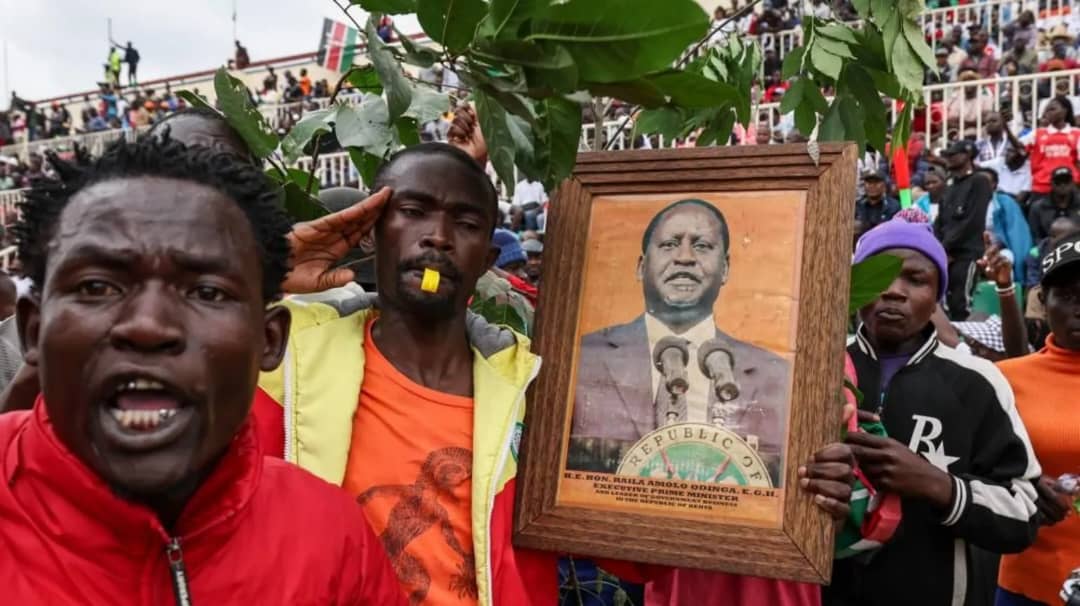
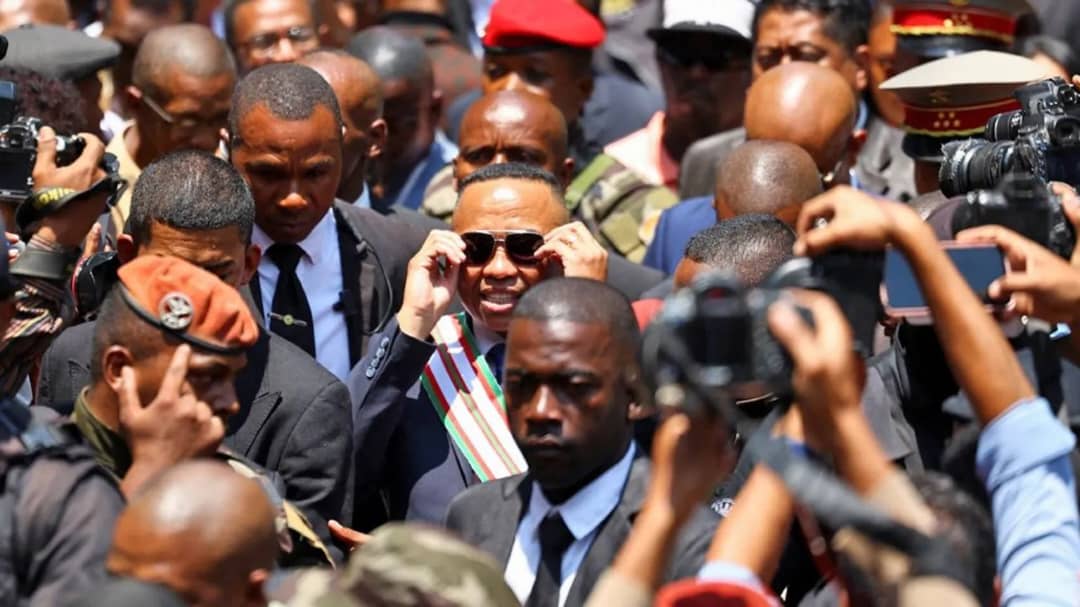
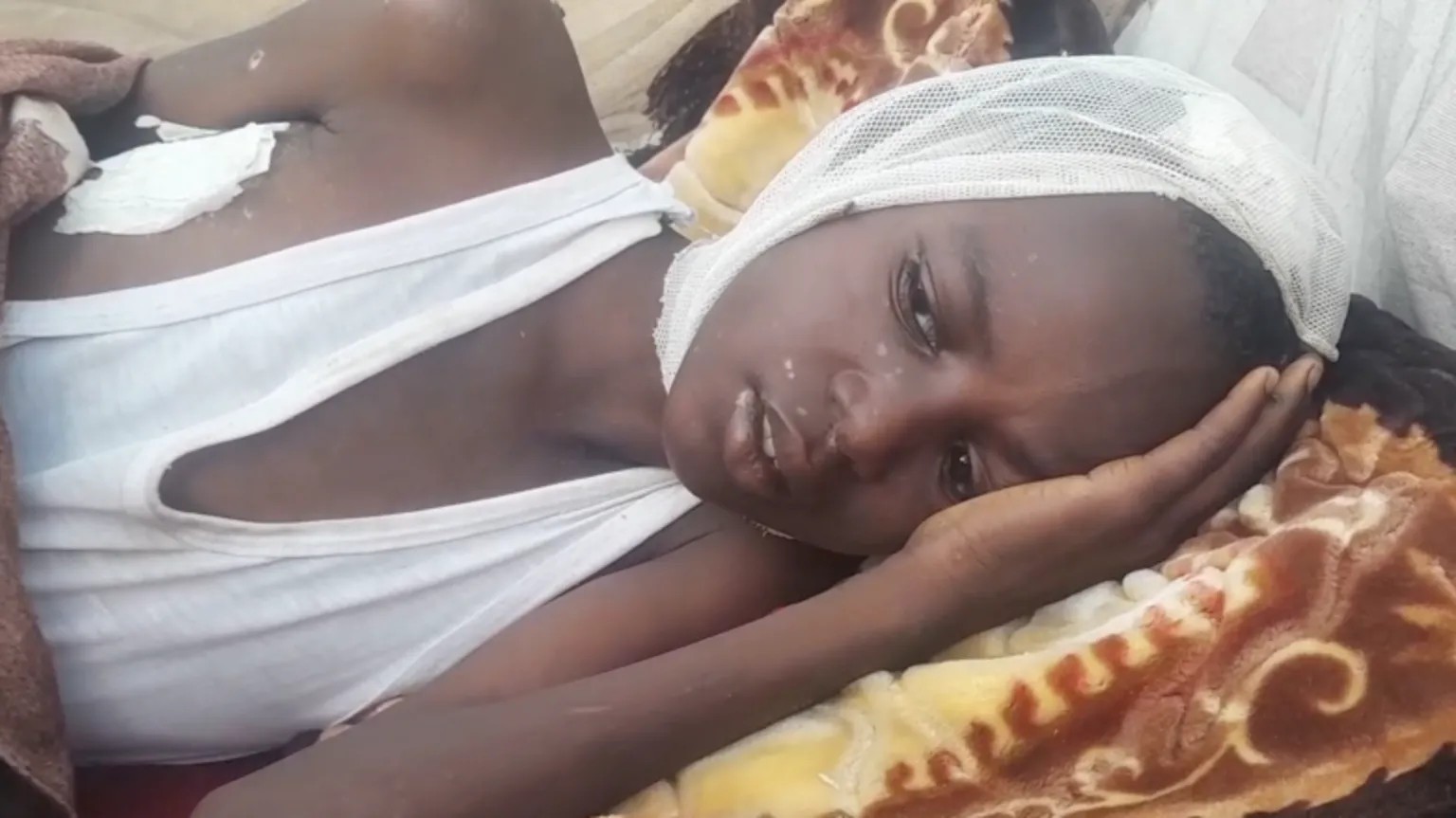
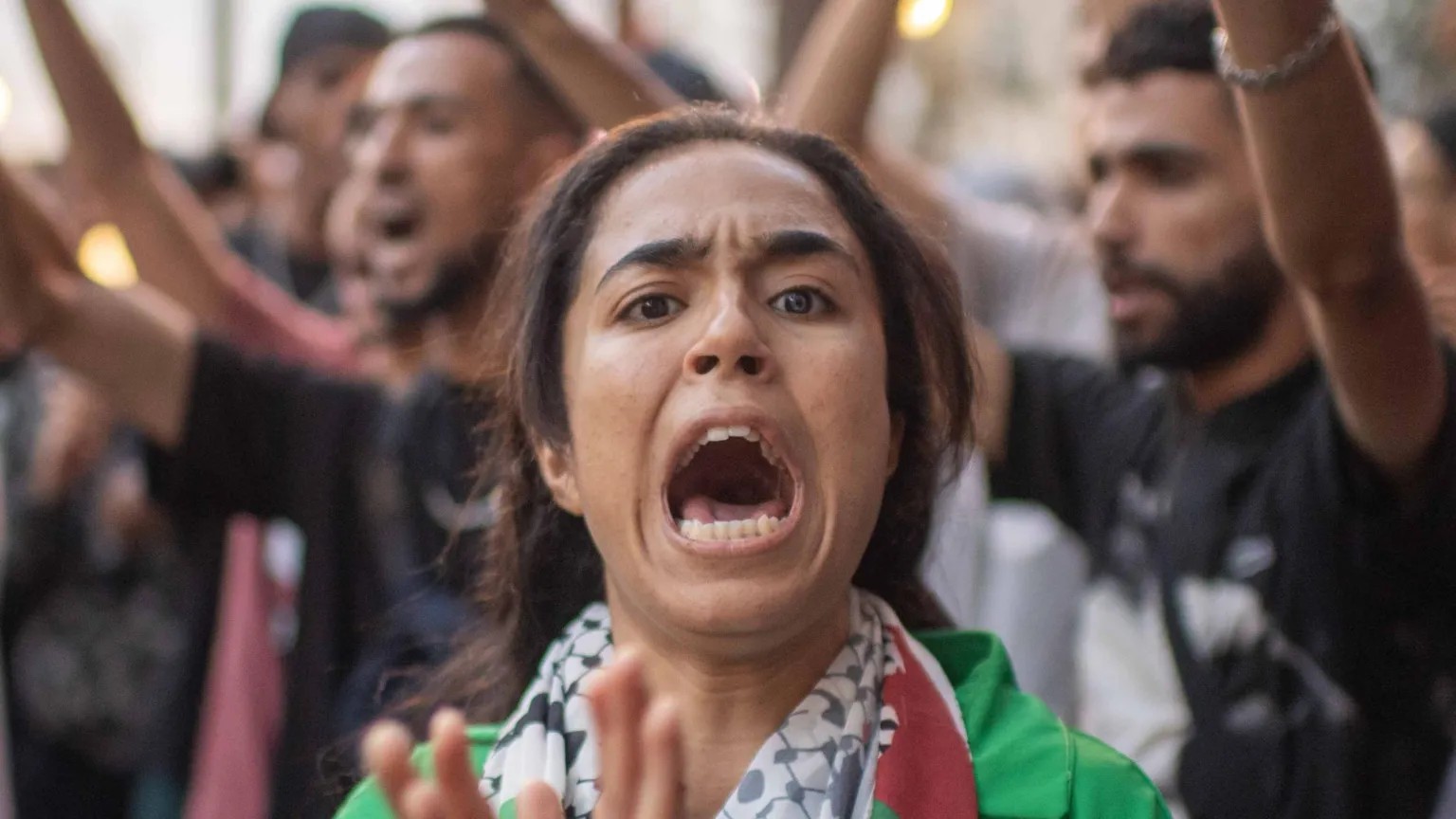

0 Comment(s)